What is the difference between power regulators and solid-state relays?
Release time:2022.10.19 Source:MSWER Views:64
Solid state relay SSR uses simple level control, and thyristor SCR power regulator continuously triggers through uninterrupted pulses.
The difference is that solid-state relays (SSRs) can be used as simple switches, while SCR can be used as voltage regulating switches.
SCR power regulator (SCR), also known as SCR, is widely used in China
Known as thyristor, power regulator, phase regulator, power regulator, etc., it is a stepless power regulation device; It is a powerful control tool in the industrial electric heating industry, an energy-saving and environmentally friendly product. For the humanized control of electrolytic heating in electric heating systems, we often use frequency regulators and solid-state relays in our redesign. The principle is to receive a 4-20mA signal output from the temperature control instrument, and then adjust the actual output by changing the triggering angle of the internal thyristor conduction angle, in order to achieve humanized heating control. So what is the difference between the two? SSR can also be used for low-power heating, and frequent passage is not a problem. However, when controlling high-power electric heating, we generally use SCR, which has relatively less impact on the power grid whether it is a voltage regulating or power regulating type.
The difference is that solid-state relays (SSRs) can be used as simple switches, while SCR can be used as voltage regulating switches.
SCR power regulator (SCR), also known as SCR, is widely used in China
Known as thyristor, power regulator, phase regulator, power regulator, etc., it is a stepless power regulation device; It is a powerful control tool in the industrial electric heating industry, an energy-saving and environmentally friendly product. For the humanized control of electrolytic heating in electric heating systems, we often use frequency regulators and solid-state relays in our redesign. The principle is to receive a 4-20mA signal output from the temperature control instrument, and then adjust the actual output by changing the triggering angle of the internal thyristor conduction angle, in order to achieve humanized heating control. So what is the difference between the two? SSR can also be used for low-power heating, and frequent passage is not a problem. However, when controlling high-power electric heating, we generally use SCR, which has relatively less impact on the power grid whether it is a voltage regulating or power regulating type.
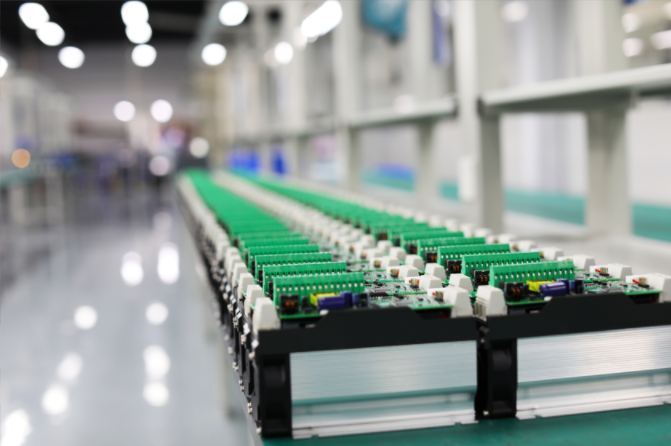
News recommendation
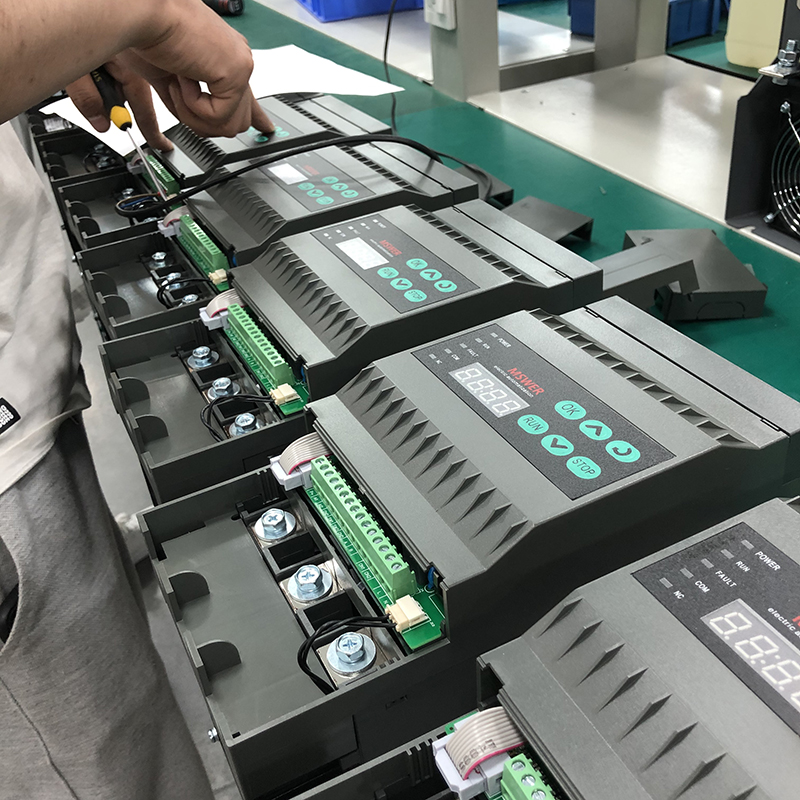
What are the advantages of power regulators?
2024-11-23
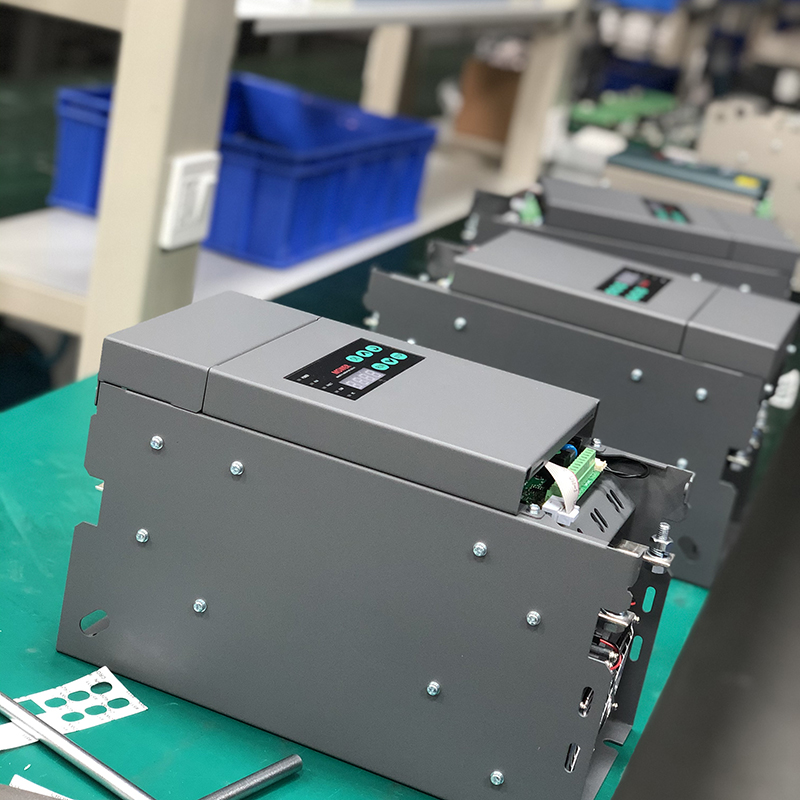
Control principle of power regulator
2023-07-23
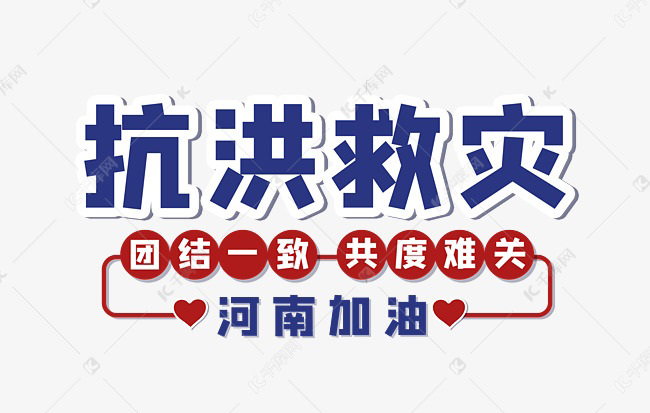
The company donated money to the disaster area about the extremely heavy rainstorm event in Henan
2021-07-26
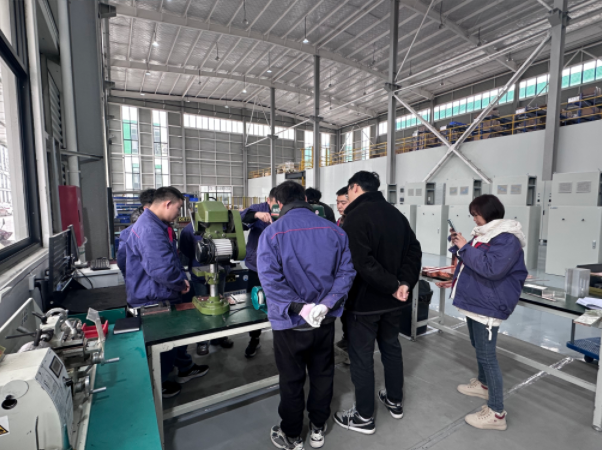
What is the working principle of a thyristor regulator for power regulation
2023-05-24
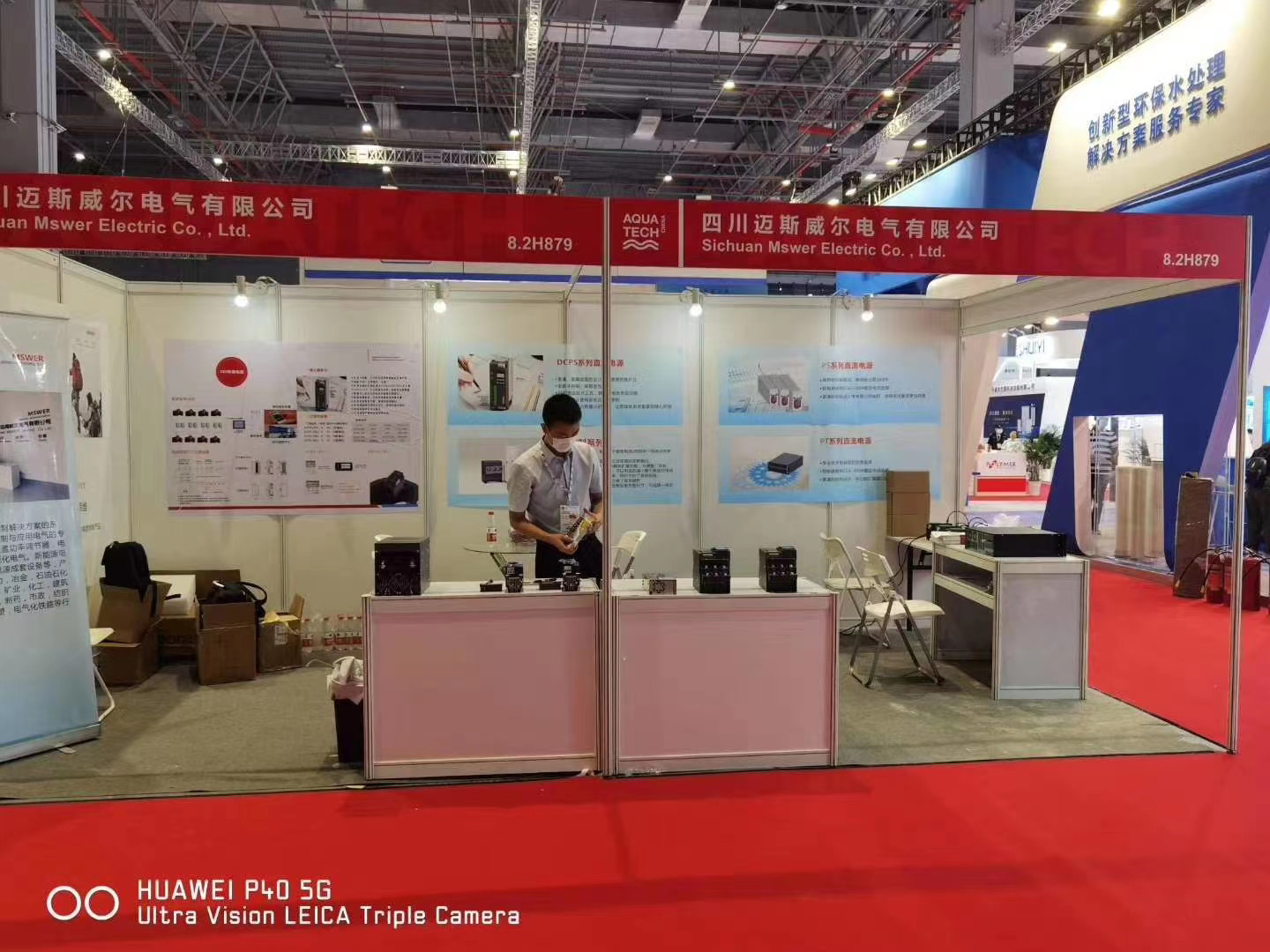
Company's participation in the exhibition in Shanghai
2021-06-11




 Online
Online
 Tel
Tel